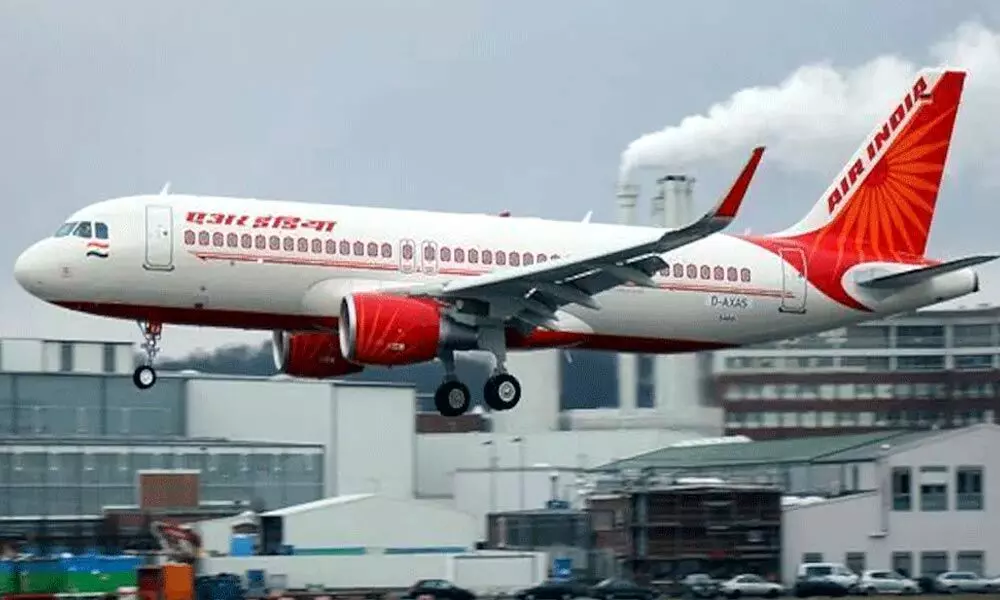Can Tatas' deep pockets help Air India regain its past glory?
Tata SPV Talace placed a winning bid of Rs 18,000 crore enterprise value, beating Rs 15,100 crore offer from Spice Jet signalling a new beginning for the Tata Group.
image for illustrative purpose

Tata SPV Talace placed a winning bid of Rs 18,000 crore enterprise value, beating Rs 15,100 crore offer from Spice Jet signalling a new beginning for the Tata Group. Founded by Tata Sons in 1932, Air India was nationalised by late Prime Minister Jawaharlal Nehru's government in 1953. With its return to the old fold, aviation analysts believe it will now completely transform, owing to the Tatas' 'deep pockets, returning to its past glory.'
Air India was running losses because bureaucrats were running the carrier without any prior experience of aviation. Following a few failed divestment attempts since 2018, the Indian government decided to sell a 100 per cent stake in Air India. The reason the process did not take off earlier was the airline's huge and mounting debt, which, as of August 31, stood at Rs65,562 crore.
Ultimately that time around, there were no bidders and the government had to sweeten the deal by allowing suitors to decide how much of the carrier's debt they wanted to take on. Tata Sons' fiscal cost for acquiring Air India will be Rs 2,700 crore, 15 per cent of the national carrier's enterprise value of Rs 18,000 crore. It will take over Rs 15,300 crore debt of the beleaguered airline. The government is expected to write off around Rs 28,000 crore as sovereign debt.
The transaction will now be completed by December this year, officials said. Existing employees can't be laid off for a year after the takeover, the government official said. The new owners will now take over Rs 15,000 crore of the outstanding. The remaining will go to Air India Assets Holding, a special purpose vehicle set up to implement the strategic disinvestment.
In terms of physical assets, the Tatas will now get control of 4,400 domestic and 1,800 international landing and parking slots at airports across India, besides around 900 abroad. This signals the end of the process of Air India's sale that began in July 2017, and the start of a new flight path, with the return of the airline to the Tatas.
In 1932, Jehangir Ratanji Dadabhoy (JRD) Tata founded the carrier, calling it Tata Airlines. In 1946, the aviation division of Tata Sons was listed as Air India and in 1948, Air India International was launched with flights to Europe. The international service was among the first public-private partnerships in India, with the government holding 49 per cent, the Tatas 25 per cent and the public owning the rest. In 1953, Air India was nationalised, and it kept the national flag flying till declining service quality, an ageing fleet, excess staff, low productivity meant it was no more the preferred airline.
All eyes are now back on the airline and the Tatas, which already owns two carriers. With this, the entire 100 per cent shareholding of Air India along with AI's shareholding in Air India Express Limited (AIXL) and AISATS will pass on to new the owner.

